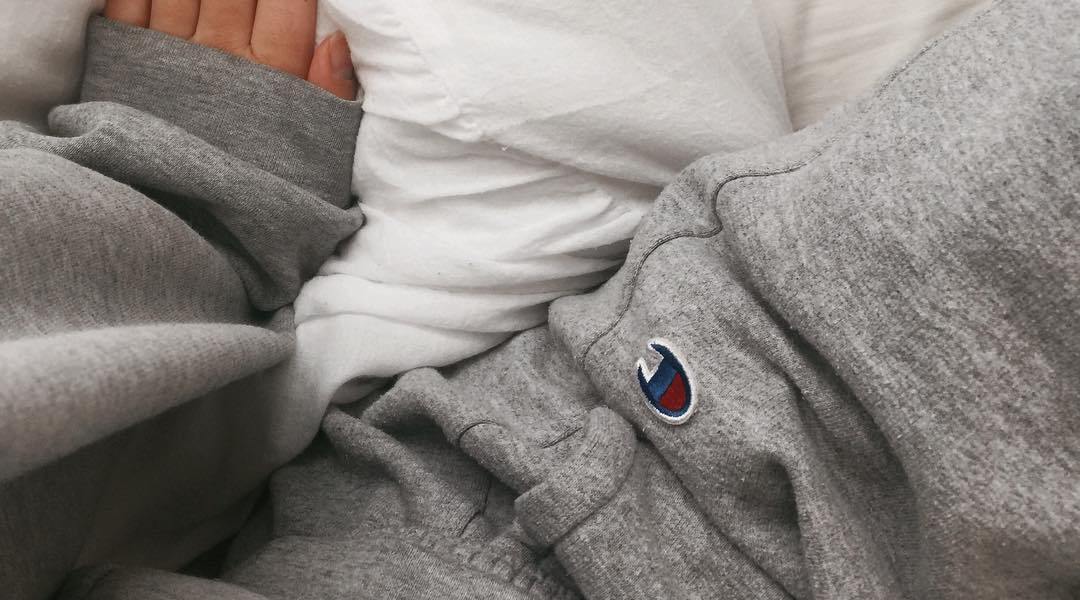When the temperature drops, a lot of college students like to curl up in bed with a mug of hot chocolate and a good book (or a good Netflix binge, let’s be honest). Others curl up in bed for a different reason. Seasonal depression, also known as seasonal affective disorder, affects more than three million people per year. According to the National Institute of Mental Health, it is a type of depression that comes and goes with the seasons, typically starting in the late fall and early winter and going away during the spring and summer.
It can be tough to focus on mental health in college. You’re swamped with work, extracurriculars, and a social life. Dreary winter weather certainly doesn’t help. How can you differentiate between a bad day and a bad season? Julie, a student at Boston University, said she realized her mood was something more serious after noticing her lack of interest in activities she usually loved to do. She also remembers feeling tired all the time and wanting to be alone. According to the National Institute of Mental Health, other symptoms can include anxiety, loneliness, mood swings, and changes in appetite.
Why Does Seasonal Depression Happen?
There are many reasons as to why someone might experience seasonal depression. As winter comes, the days get shorter and darker, and the lack of sunlight throws off your biological clock and reduces your body’s levels of serotonin and melatonin. Serotonin is a chemical in your brain which regulates your mood, and melatonin is a chemical that regulates your sleep and mood. As people experience less serotonin production in their bodies, they’re less able to regulate their moods, which might trigger the symptoms of seasonal depression. Our bodies also tend to overproduce melatonin in the winter months, making us sleepier throughout the day.
How to Treat It
Luckily, seasonal depression is treatable, even with a busy college schedule. Light therapy, or exposing yourself to light that imitates natural sunlight, is a common remedy. It can help not only seasonal depression, but any form of depression as well. You can purchase a light box that mimics bright sunlight or try to spend more time outside. In addition to making your space brighter, regular exercise is encouraged. Exercise decreases your stress and anxiety levels, both of which contribute to seasonal depression.
Julie’s preferred treatment methods are meeting with her therapist and traditional self-care. “I try to replace all my negative thoughts with positive behaviors like reading a book, doing yoga, and cooking,” she said. “It’s important to motivate yourself to do things that will get you moving.” Julie also likes to reach out to her friends when she has trouble finding the motivation herself.
The severity of seasonal depression ranges from person to person. If you’re having trouble dealing with seasonal depression, know that you don’t have to deal with it alone. Seek out a friend or family member to talk to or a mental health counselor to guide you through it!
Your mental health is extremely important. We care about you, so please visit Mental Help for a list of resources.
Opening image by Kayla Norris.

